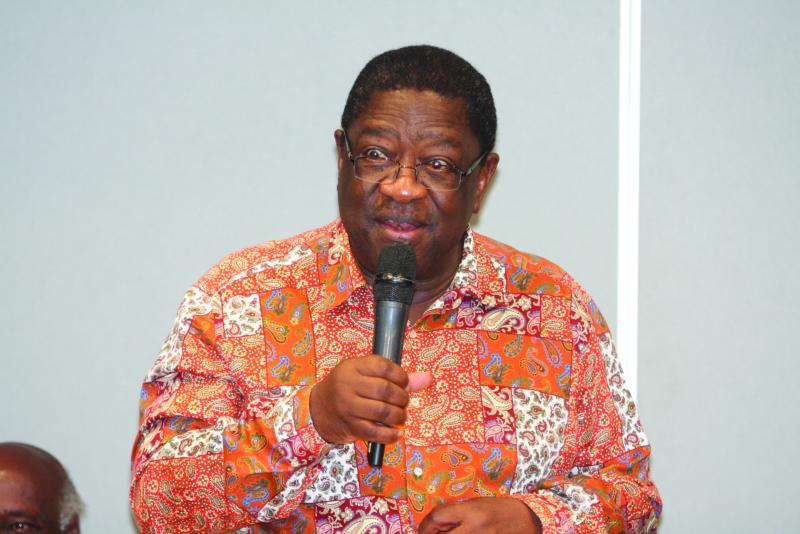×
The Standard e-Paper
Kenya’s Boldest Voice

Panic has gripped senior government officials and politicians in the Moi, Kibaki and the current Handshake regime after the United States banned Busia Senator Amos Wako, his wife and son from travelling to the country over alleged corruption.
Announcing the ban on Monday, US Secretary of State Michael Pompeo said Mr Wako (pictured) had been “publicly designated due to his involvement in significant corruption”.